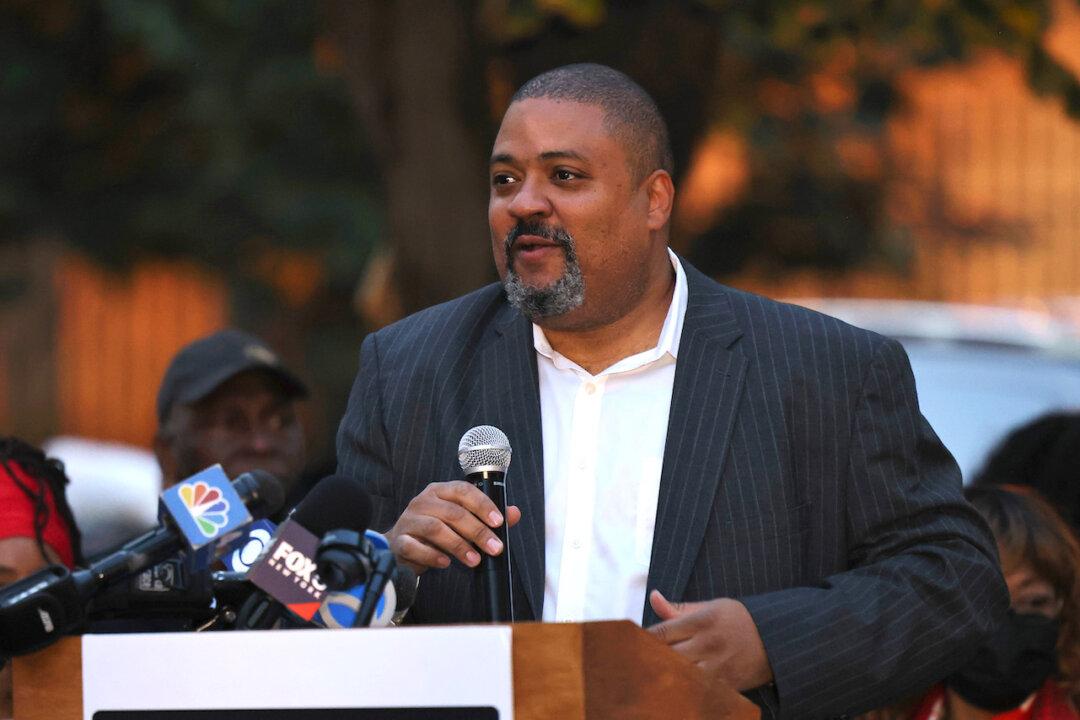New Manhattan District Attorney Alvin Bragg has ordered prosecutors to stop pursuing prison sentences for many criminal cases, in a shake up of how his office will address some crimes, with just days on the job.
Bragg’s office will “not seek a carceral sentence” except in cases of homicide, domestic violence felonies, public corruption, and some sex crimes, according to memo titled “Achieving Fairness and Safety” that Bragg sent to staff on Monday.





